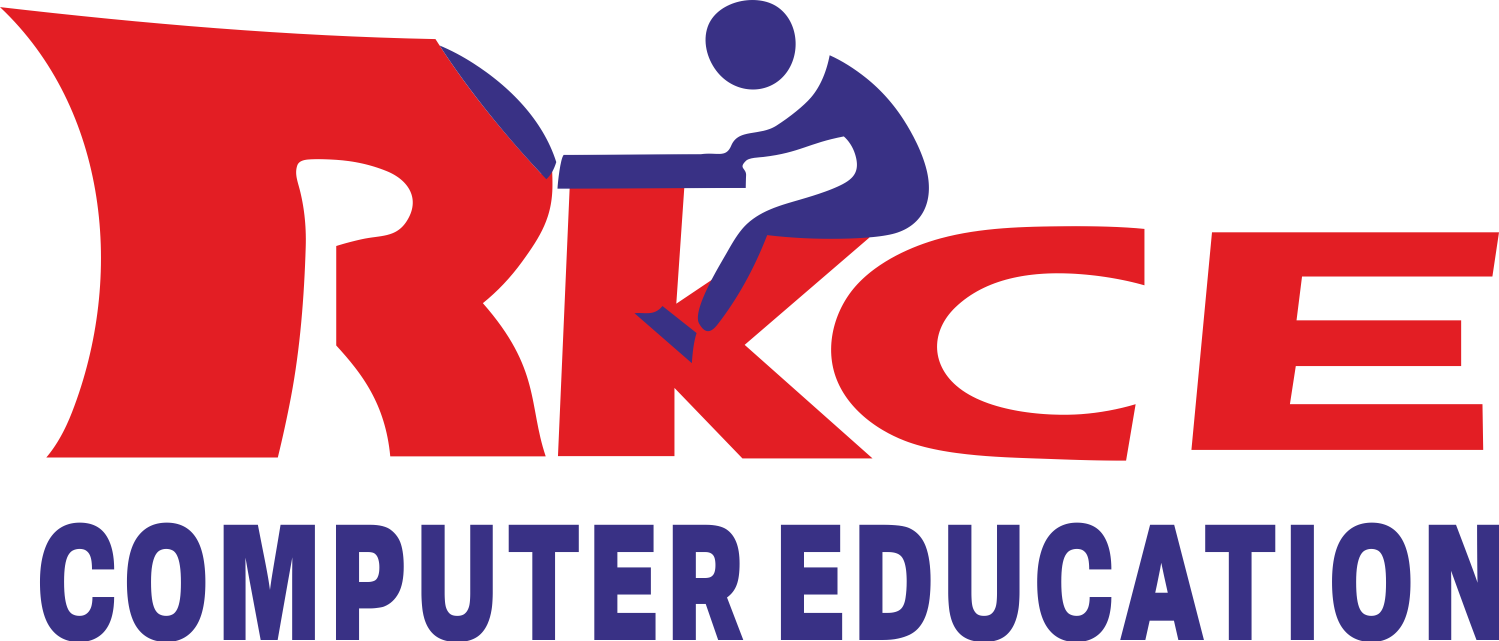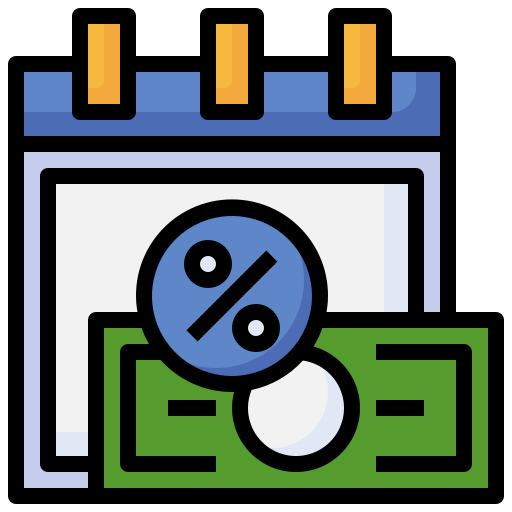Introduction
Digital marketing has transformed the way businesses connect with their customers. Traditional marketing methods are no longer enough to capture the attention of today’s digitally-savvy audience. A well-defined Roadmap for Success in digital marketing ensures that every step—from content creation to analytics—is aligned with your business goals.
At RKCE Institute, we focus on teaching students and business owners how to implement these strategies effectively. Let’s dive into the roadmap that can lead you to digital success.
2. Understanding Digital Marketing
Digital marketing encompasses all online efforts to promote a product, service, or brand. Key components include:
- Social media marketing
- Content marketing
- Email campaigns
- SEO (Search Engine Optimization)
- Paid advertising (PPC)
By understanding these components, you can identify which strategies are most suitable for your goals. A Roadmap for Success starts with knowing the tools and techniques at your disposal.
3. Setting Clear Goals
Before jumping into any digital marketing campaign, it’s essential to define your objectives. Are you aiming to:
- Increase brand awareness?
- Generate leads?
- Drive website traffic?
- Boost sales?
Having clear, measurable goals allows you to track progress and adjust strategies. This goal-setting phase is the first step in our Roadmap for Success.
4. Building Your Online Presence
Your online presence is your digital storefront. It includes your website, social media profiles, and any other digital platforms where your brand interacts with users.
Tips for a strong online presence:
- Create a mobile-friendly website with fast loading times
- Ensure your branding (logo, colors, fonts) is consistent across platforms
- Add clear call-to-actions (CTAs) to guide users
- Optimize for local SEO if targeting a specific area
A strong foundation online ensures that your subsequent marketing efforts are effective, making this step a crucial part of the Roadmap for Success.
5. Content Marketing Strategy
Content is king in digital marketing. Quality content attracts, engages, and converts your audience.
Steps to create an effective content strategy:
- Identify topics that resonate with your audience
- Use blogs, videos, infographics, and eBooks to share insights
- Repurpose content across platforms for maximum reach
- Focus on value rather than hard selling
Consistent content creation is a key element of our Digital Marketing Roadmap for Success, helping you build authority and trust in your niche.
6. Social Media Marketing
Social media platforms like Facebook, Instagram, LinkedIn, and Twitter are powerful tools for engagement and brand growth.
Best practices:
- Post consistently with a mix of promotional and informative content
- Engage with followers through comments, polls, and direct messages
- Run targeted campaigns based on demographics and interests
- Track engagement metrics to understand what works
Integrating social media effectively is essential for achieving the goals outlined in your Roadmap for Success.
7. Search Engine Optimization (SEO)
SEO ensures that your website ranks high on search engines like Google. Without proper SEO, your content may never reach its intended audience.
Key SEO practices include:
- Keyword research to target relevant search terms
- On-page optimization (title tags, meta descriptions, headings)
- Quality backlinks from authoritative sites
- Regularly updated content that addresses user intent
SEO is not a one-time task; it’s an ongoing effort and a major component of a long-term Digital Marketing Roadmap for Success.
8. Email Marketing
Email marketing remains one of the most effective ways to nurture leads and maintain customer relationships.
Strategies for success:
- Build a segmented email list to send personalized messages
- Use automation tools for timely follow-ups
- Include clear CTAs to encourage action
- Analyze open and click-through rates to refine campaigns
When used strategically, email marketing strengthens your overall Roadmap for Success by maintaining consistent engagement with your audience.
9. Paid Advertising and PPC
Paid campaigns such as Google Ads, Facebook Ads, or Instagram Ads can provide instant visibility.
Tips for effective paid advertising:
- Start with a small budget and test different creatives
- Target specific demographics and geographic areas
- Monitor conversions and optimize campaigns regularly
- Use retargeting to capture potential leads who previously interacted with your brand
Paid advertising is a crucial step in accelerating your Digital Marketing Roadmap for Success, especially for new businesses looking to scale quickly.
10. Analytics and Performance Tracking
Measuring your digital marketing efforts is critical to understand what’s working and what’s not.
Key analytics tools:
- Google Analytics for website traffic and conversions
- Social media insights for engagement and reach
- Email campaign reports for open rates and clicks
Tracking metrics allows you to adjust your strategy and ensures your Roadmap for Success remains effective and data-driven.
11. Adapting to Trends and Innovation
Digital marketing is constantly evolving. To stay ahead:
- Keep updated with algorithm changes on search engines and social platforms
- Explore emerging platforms and formats (like reels, shorts, or AI tools)
- Continuously test and optimize campaigns for better ROI
Flexibility and innovation are what make a Digital Marketing Roadmap for Success future-proof.
12. Conclusion
Creating a strong online presence and executing digital marketing strategies can seem overwhelming, but with a structured approach, success is achievable. At RKCE Institute, we emphasize a clear Roadmap for Success that guides businesses and individuals step by step.
By understanding your audience, optimizing your website, creating valuable content, leveraging social media, and tracking results, you can achieve sustainable growth in the digital landscape.
Start following your Digital Marketing Roadmap for Success today and take control of your online presence with confidence and strategy.


















